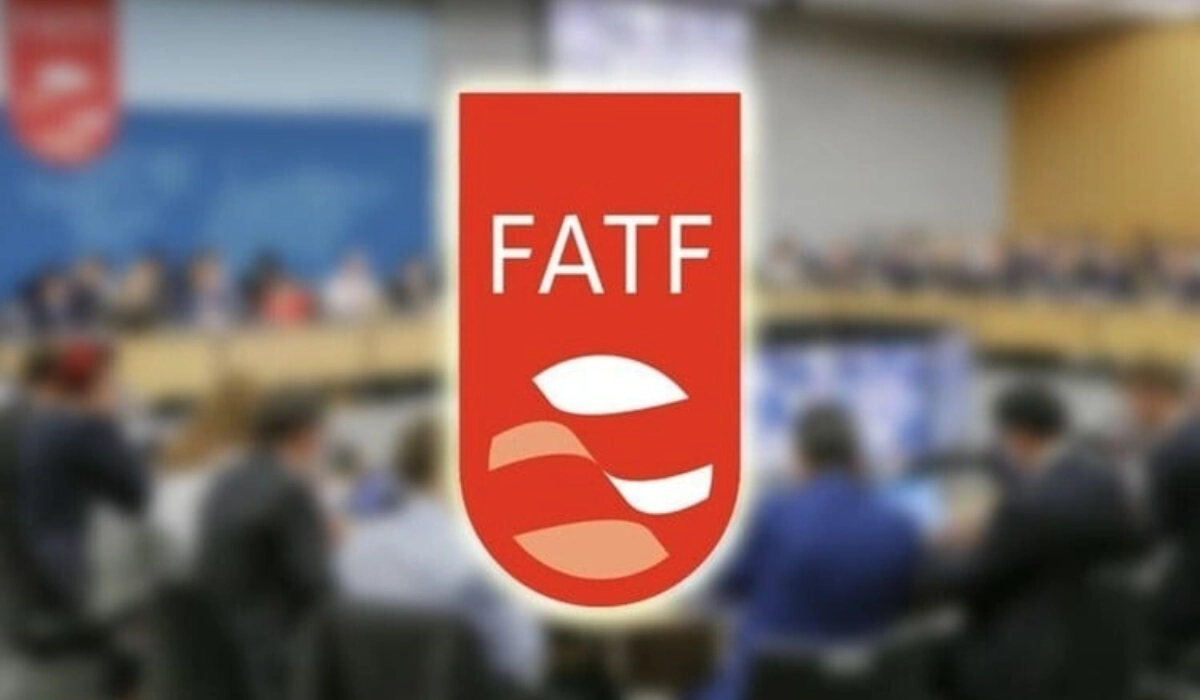The Financial Action Task Force (FATF) has officially reaffirmed that Iran’s regime remains on its global blacklist due to persistent failures in combating money laundering, terrorist financing, and proliferation financing. This decision, announced following FATF’s latest plenary meetings in 2025, underscores the international watchdog’s concerns over Tehran’s continued inability to implement critical elements of an action plan agreed upon in 2016 to align with global anti-money laundering (AML) and counter-terrorist financing (CFT) standards.
Background and FATF’s Blacklist Status
Iran was moved from FATF’s “grey list” to the “blacklist” in 2020 after months of limited progress against its strategic deficiencies. The blacklist, formally known as the list of “High-Risk Jurisdictions subject to a Call for Action,” includes countries deemed to pose significant threats to the international financial system through inadequate AML/CFT frameworks. Iran remains alongside North Korea and Myanmar on this blacklist as of late 2025. The European Commission also classifies Iran as a high-risk third country with serious AML/CFT regime deficiencies.
Failure to Implement Key AML/CFT Measures
Since 2016, Iran had pledged reforms to meet FATF standards but consistently failed to ratify and enforce crucial international conventions, namely the Palermo Convention and the Terrorist Financing Convention. These conventions are considered vital in preventing illicit money flows linked to terrorist groups and weapons of mass destruction proliferation. FATF has repeatedly extended deadlines and offered opportunities for compliance, but Tehran’s progress has been deemed insufficient.
Recent FATF statements highlighted that Iran submitted multiple reports through 2020 to 2025, including as recently as August 2025, yet none demonstrated meaningful improvements that satisfy FATF’s requirements. Because of this, FATF fully reinstated countermeasures against Iran, urging all member jurisdictions to apply strict financial restrictions and enhanced due diligence measures against Iranian entities and financial institutions.
Impact and International Response
The repercussions for Iran’s economy and global financial relations are significant. Industry insiders estimate that Iran suffers losses around $20 billion annually due to its exclusion from the FATF framework, which restricts access to international banking and credit lines vital for economic recovery and foreign investment. This financial isolation also impacts Iranian private sectors’ ability to secure funding for development projects.
Countries worldwide are warned to avoid establishing subsidiaries, branches, or representative offices of Iranian financial institutions, given Iran’s inadequate AML/CFT controls. The FATF emphasizes vigilance against proliferation financing risks connected to Iran, per United Nations Security Council resolutions, underscoring threats beyond money laundering, including nuclear nonproliferation concerns.
Iran’s Recent Legislative Actions and Outlook
In a recent parliamentary move, Iran passed the Counter-Terrorism Financing (CFT) convention on October 22, 2025, signaling an attempt to move toward compliance and possibly remove itself from the FATF blacklist. However, watchdog observers remain skeptical of Tehran’s commitment, viewing such actions as surface-level gestures rather than a wholehearted adoption of stringent counter-terrorism regulations. Analysts note that Iran’s regime historically uses concessions to delay deeper reforms while maintaining illicit financing capabilities. Until full ratification and effective enforcement of both Palermo and Terrorist Financing Conventions occur, FATF is unlikely to lift sanctions or reduce countermeasures.
FATF’s Call for Global Cooperation
FATF’s latest official statement urges all countries, financial institutions, and jurisdictions to maintain due diligence when dealing with Iran. This includes applying enhanced checks to mitigate risks of terrorist and proliferation financing linked to Iranian operations. Furthermore, the statement reiterates that countermeasures currently in place will remain until Iran makes verifiable, substantial progress on its AML/CFT obligations.
The global financial community and multinational bodies closely watch Iran’s activities, emphasizing that the country’s partnership and transparency are essential for reintegration into the international financial system and ensuring the protection of global security.


